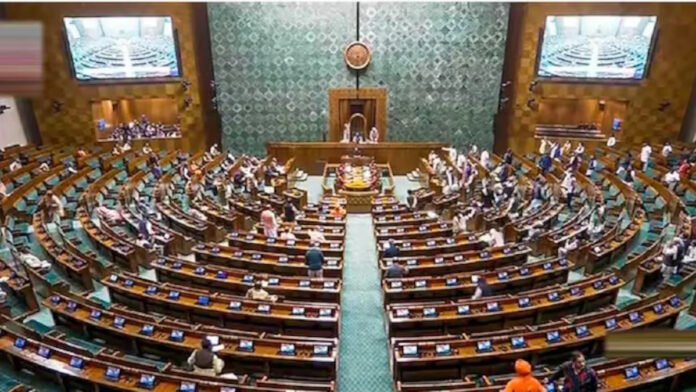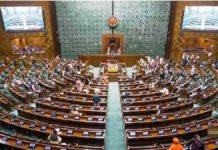The Union Government is set to introduce a series of new legislative bills in Parliament today aimed at barring individuals facing serious criminal charges from holding the posts of Prime Minister, Chief Minister, or Minister. The initiative marks a bold move in the Centre’s broader campaign to enhance accountability and integrity in public life.
The Core Proposal
According to government sources, the bills propose that any leader against whom charges have been formally framed in cases involving serious crimes such as corruption, terrorism, or crimes against women would be immediately disqualified from continuing in office. This provision goes beyond the current legal framework under the Representation of the People Act, which disqualifies individuals only upon conviction.
Why Now?
Senior officials said the proposed measures reflect growing public concern over the rising number of elected representatives with pending criminal cases. The bills are being positioned as a step towards clean politics and stronger democratic institutions, a demand repeatedly echoed by civil society groups and the judiciary.
Political Implications
If passed, the legislation could have far-reaching consequences, potentially reshaping the political landscape by forcing several sitting leaders across party lines to step down. While the ruling party has described the move as a “historic push for transparency,” opposition leaders are expected to scrutinise the bills closely, warning against possible misuse for political vendetta.
Parliamentary Debate Ahead
The bills are likely to spark intense debate in both Houses, with legal experts pointing out that the proposals may face constitutional challenges. Questions remain on how the definition of “serious charges” will be framed and how safeguards will be built to prevent arbitrary disqualifications.
Broader Reform Agenda
The Centre has indicated that these bills are part of a wider governance reform strategy, alongside proposals for electoral funding transparency, judicial reforms, and faster trials for politicians facing criminal cases.
What Lies Ahead
If approved, the reforms would represent one of the most significant changes to India’s political accountability framework in decades. All eyes are now on Parliament, where the debate is expected to be sharp, polarised, and closely followed by the public.















